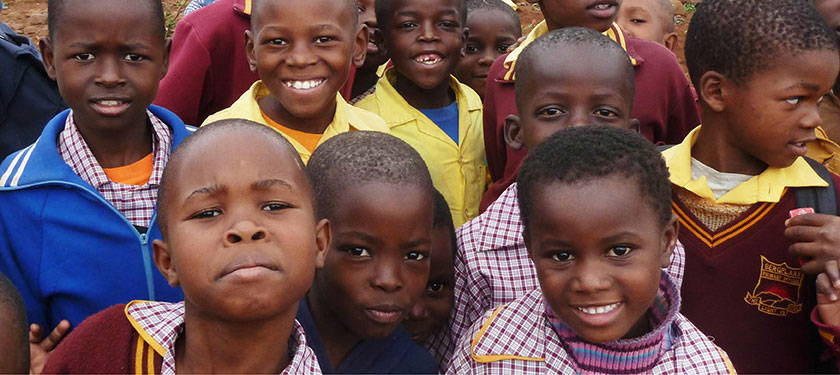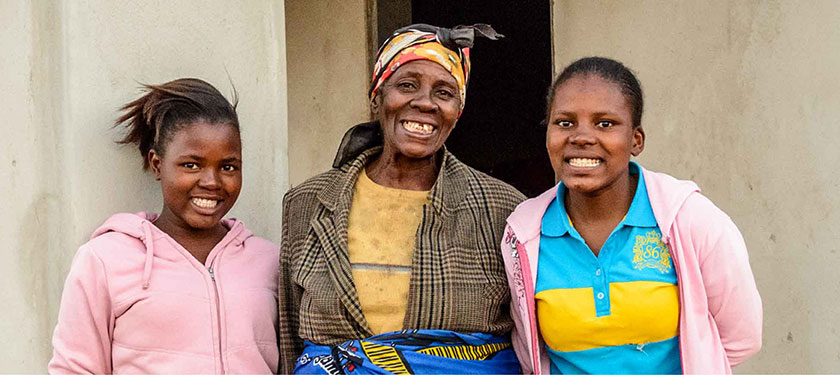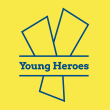Building on the success of Umliba Loya Embili and Insika Yakusasa, Young Heroes launched Phila Unotse in December 2020.
About the Project
This project is made possible with the generous support of the American people through the United States Agency for International Development (USAID).

Phila Unotse (“Be healthy, economically stable and informed”) aims to prevent new HIV infections and reduce vulnerabilities among orphans and vulnerable children (OVC), and adolescent girls and young women (AGYW) in Eswatini. The project is implemented in five constituencies in the Hhohho region, namely Motjane, Mhlangatane, Ntfonjeni, Pigg’s Peak and Siphocosini.
Phila Unotse services include:

OVC Package of Services (0-17 years)
A family-centered case management approach inclusive of vulnerability assessment, strengths and needs based care planning, home visits, and active referrals for services.
- Healthy: Health services; referrals- HIV prevention services; family planning; OVC HIV risk assessment; HIV testing & screening; treatment & adherence support; viral load monitoring; HIV status disclosure and adherence support; HIV exposed infant tracking; immunization; nutrition assessment; health education; voluntary male medical circumcision linkages.
- Safe: Positive parenting; gender-based violence education and prevention; post violence care; birth registration and identity document; engagement of community leadership.
- Schooled: Education support (school fees); school attendance and progression tracking; school enrolment; re-enrolment.
- Stable: Caregiver economic strengthening; birth registration and identity document; parenting skills.

DREAMS Services: Primary and Secondary Packages
Primary individual interventions | 9 – 14 years:
- HIV & violence prevention
- Social asset building
- Condom education, skills or commodities.
Primary individual interventions | 15 – 19 years:
- Social asset building
- HIV & violence prevention
- PrEP info or enrollment
- HTS or HTS screening,
- Condom education, skills or commodities.
Primary individual interventions | 20 – 29 years:
- HIV & violence prevention
- PrEP info or enrollment
- HTS or HTS screening
- Condom education, skills or commodities.
Secondary individual Interventions | 9 – 14 years:
- Education (subsidies, tracking, study clubs)
- HTS or HTS screening contraceptive mix (counseling or commodity)
- Post-violence care
- Parenting caregiver program.
Secondary individual Interventions | 15 – 19 years:
- Contraceptive mix (counseling or commodity)
- Education (subsidies, tracking, study clubs)
- Post-violence care
- Combination socio-economic approaches/livelihoods
- Parenting caregiver programs.
Secondary individual Interventions | 20 – 29 years:
- Social asset building
- Combination socio-economic, approaches/livelihoods
- Post-violence care.
Contextual:
- Community leader’s engagement on gender norms.

